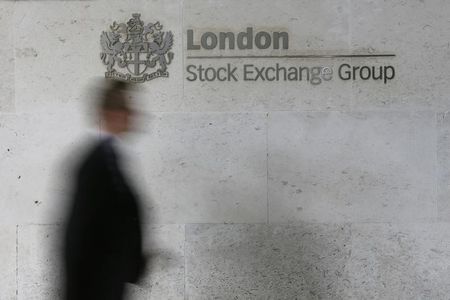LONDON (Reuters) - FTSE 100 companies led by board members who have large holdings in their companies' shares have underperformed both Britain's blue-chip index (FTSE) and businesses with the smallest management shareholdings, a new study shows.
Investors are often drawn to companies at which he management own a large portion of the shares, believing that this helps to align the interests of directors with those of the shareholders and provides an added incentive to deliver growth.
But the study published on Monday by trading platform provider Banc De Binary calls into question that belief.
In the past year, share prices of the 10 companies at which the boards have the largest holdings of their own shares rose on average 1 percent, while the index climbed 6 percent.
Shares in the 10 companies with the smallest board shareholdings climbed by 20 percent on average.
The findings represent a reversal of a five-year trend, in which boards with large shareholdings in their own companies shone.

"(The study) reinforces that it is possible for directors to deliver substantial growth without having to grant them huge numbers of shares and diluting existing shareholdings," Banc De Binary founder Oren Laurent said.
(Reporting by Clare Hutchison; Editing by David Goodman)
_800x533_L_1412520412.jpg)